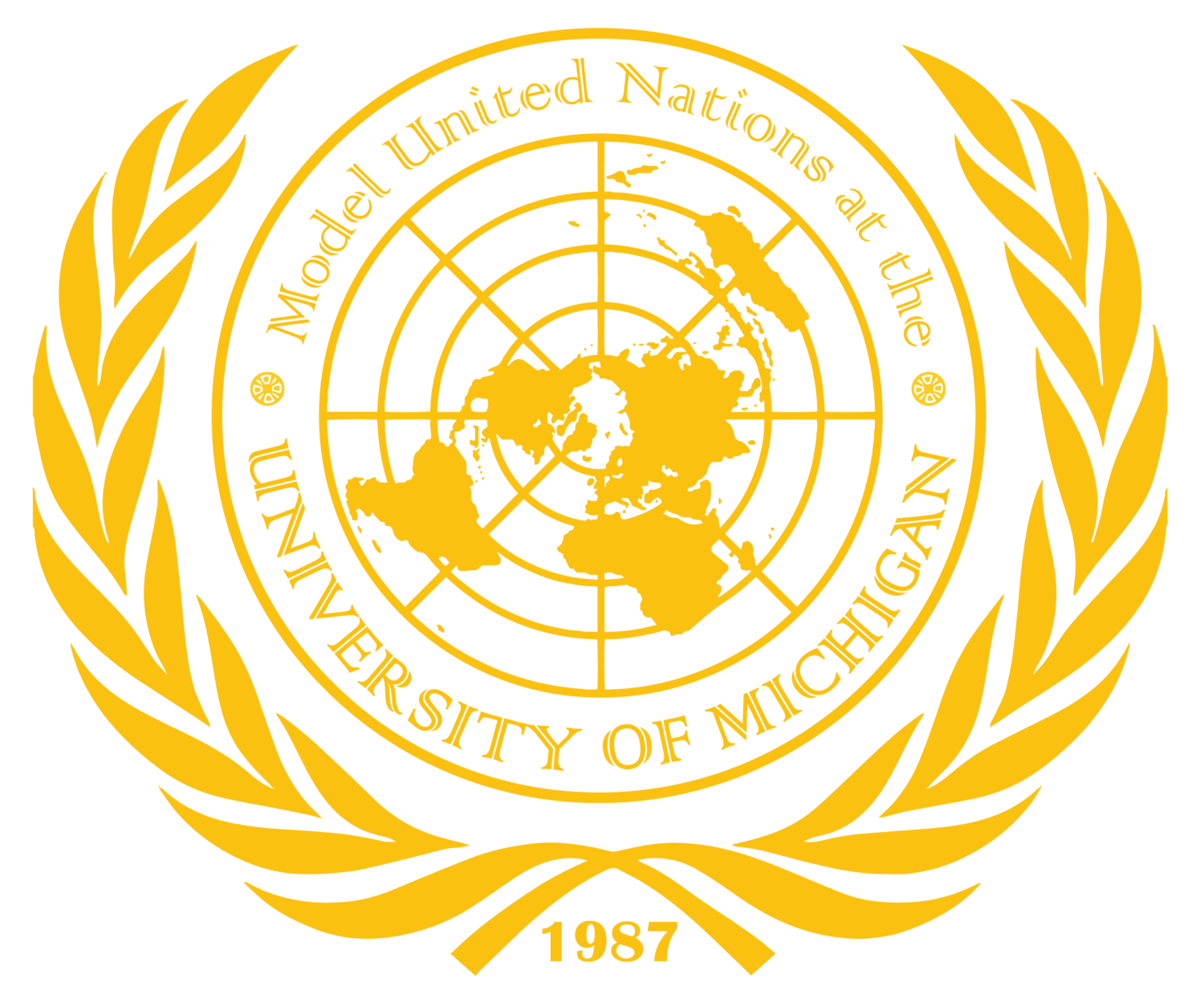From Crisis to Potential: The Gulf Cooperation Council's Journey to Unity
January 12th, Michigan League - The MUNUM 2024 conference witnessed a dramatic number
of events in the Gulf Cooperation Council. The committee spent an immense amount of time
fighting with working papers, engaging in intense Q&A sessions, and going through voting
procedures on resolutions that would shape the trajectory of the conference for these delegates.
Gulf Cooperation Council Confronts the Middle East Crisis at MUNUM
This committee was tasked with addressing two significant Middle Eastern issues, focusing on
the 2011 Arab Spring on this day (1/12/24). To connect, the suicide of a Tunisian citizen sparked
widespread international protests that challenged government corruption and the lack of
economic organization across the region. In Bahrain, disapproval of the Sunni ruling family
created a fight by the citizens for greater political freedom for Shia Muslims. Here, Middle
Eastern governments faced great backlash, and for the first time, change must be made.
Resolution Drama Unfolds
Amidst the tensioned environment of the committee, a resolution paper titled "Directive Good"
took center stage, with sponsors under the spotlight reading the paper. Advocating for Shia
separation from Sunni Muslims, the paper suggested this be done by building separate mosques
by sectors of Islam, emphasizing tolerance within the Arab Nation for any practiced religion.
However, during the vigorous Q&A session of this paper, the delegation of Egypt, with opinions
as large as the pyramids, voiced strong disapproval, arguing that only domestic Middle Eastern
countries should be involved in the discussion of the Sunni Muslim issue in Bahrain –
considering it has become a widespread issue throughout all Arab nations, despite Egypt’s close
ties with non-domestic China – that’s irony.
China, in turn, questioned “Directive Good” on the achievability of the troop deployment from
Malaysia into the Arabian Peninsula (a suggestion in the paper). The delegation of China was
interested in understanding how two countries pulled apart geographically could agree to such a
decision. The response given was not parallel to the question. The delegation of Sri Lanka
criticized the potential for a civil war if troops were sent into Saudi Arabia and Bahrain to calm
the protests and ensure equal rights to practice any religion. Malaysia, the paper's sponsor,
claimed it was simply a scare tactic, deviating from the paper's written amendments. Clearly, the
paper faced criticism during the Q&A, and its fate was closed as "Directive Good" failed to gain
support in the voting processes.
KPOP (Keeping Peace Over Protection): A Paper with Signature Trouble
As the chairs of this committee introduced the working paper "Keeping Peace Over Protests"
(KPOP), an unnamed delegate raised a placard, questioning the validity of the paper considering
its lack of reach to the ratio of sponsors to signatures. Consequently, KPOP was not introduced
to the room. However, the chairs voiced an opportunity for the block working on this paper,
giving KPOP the chance to revisit the ratio and reintroduce the paper. The results of whether
KPOP could make a comeback remain uncertain. Here's to hoping for the best of luck for
KPOP's writers.
A Crossroads of Turmoil and Potential
On Friday, the GCC council struggled with the aftermath of not only a failed paper but also
immense debate and disagreement. This committee finds itself at a critical juncture. The question
now lingers: Will they unite in the opportunity for change? The answer remains uncertain, a
suspense that echoes through the halls of the Michigan League.
Reported by Isabella M. Doss (ICC delegate MUNUM 2024)
